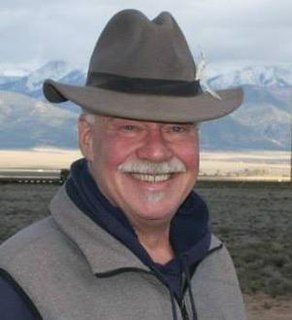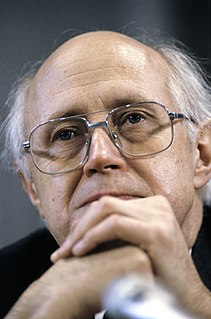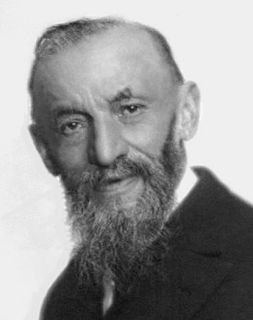A Quote by Mason Cooley
Technique bridges among ideas, and sometimes generates them.
Related Quotes
Bridges are burning all around us; bridges to responses that might have mitigated the already brutal (and just beginning) ravages of Peak Oil; bridges to reduce the likelihood of war and famine; bridges to avoid our selectively chosen suicide; bridges to change at least a part of energy infrastructure and consumption; bridges to becoming something better than we are or have been; bridges to non-violence. Those bridges are effectively gone.
Democracy is to have different ideas, even extreme ones. In democracy there is space for all of them and bridges to connect them. In Turkey we are losing those bridges, and everyone is trying to destroy spaces for the opposite side. When we look at this, Istanbul is like different courtyards divided by big, thick walls.
Ideas are dangerous, but the man to whom they are least dangerous is the man of ideas. He is acquainted with ideas, and moves among them like a lion-tamer. Ideas are dangerous, but the man to whom they are most dangerous is the man of no ideas. The man of no ideas will find the first idea fly to his head like wine to the head of a teetotaller.
Every isolated passion, is, in isolation, insane; sanity may be defined as synthesis of insanities. Every dominant passion generates a dominant fear, the fear of its non-fulfillment. Every dominant fear generates a nightmare, sometimes in form of explicit and conscious fanaticism, sometimes in paralyzing timidity, sometimes in an unconscious or subconscious terror which finds expression only in dreams. The man who wishes to preserve sanity in a dangerous world should summon in his own mind a parliament of fears, in which each in turn is voted absurd by all the others.
In every science, after having analysed the ideas, expressing the more complicated by means of the more simple, one finds a certain number that cannot be reduced among them, and that one can define no further. These are the primitive ideas of the science; it is necessary to acquire them through experience, or through induction; it is impossible to explain them by deduction.
The acts of the mind, wherein it exerts its power over simple ideas, are chiefly these three: 1. Combining several simple ideas into one compound one, and thus all complex ideas are made. 2. The second is bringing two ideas, whether simple or complex, together, and setting them by one another so as to take a view of them at once, without uniting them into one, by which it gets all its ideas of relations. 3. The third is separating them from all other ideas that accompany them in their real existence: this is called abstraction, and thus all its general ideas are made.
Fog everywhere. Fog up the river where it flows among green airs and meadows; fog down the river, where it rolls defiled among the tiers of shipping, and the waterside pollutions of a great (and dirty) city.... Chance people on the bridges peeping over the parapets into a nether sky of fog, with fog all round them, as if they were up in a balloon and hanging in the misty clouds.





































